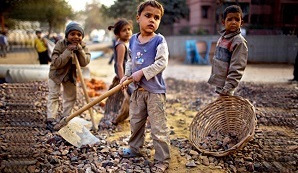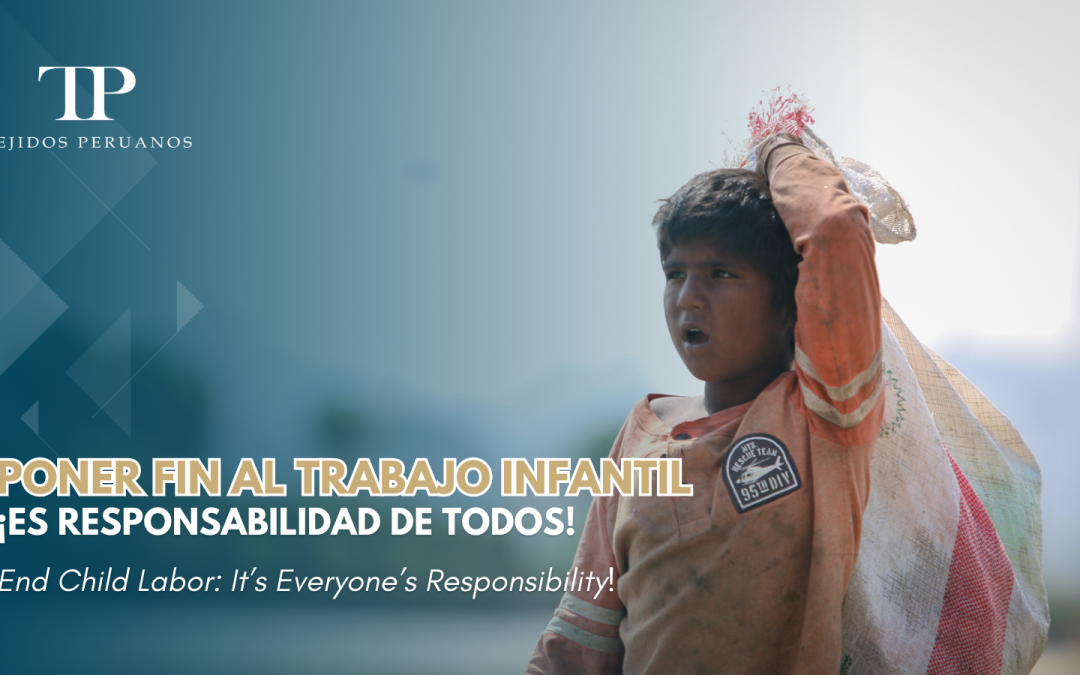Prevention of Child Labor in Peru: A Commitment from Everyone

Child labor remains a persistent challenge in Peru, affecting the comprehensive development of children and adolescents by limiting their opportunities for education and growth. According to recent data from INEI, approximately 26% of children and adolescents aged 5 to 17 engage in some form of work, often under precarious conditions that compromise their well-being. In response to this reality, businesses play a crucial role in preventing child labor and promoting sustainable and fair development for future generations.
What is child labor and why should it be prevented?
Child labor refers to any work activity that deprives children of their childhood, interferes with their education, and exposes them to dangerous or harmful situations that affect their physical, mental, or emotional health. Although some forms of family support activities do not necessarily constitute child labor, it is essential to distinguish between these and forms of work that violate children’s rights.
Impact on Society:
- Interrupted Education: Working children often drop out of school, perpetuating the cycle of poverty.
- Limited Development: Unsafe working conditions affect their physical and emotional growth.
- Local Economy: Societies with high rates of child labor have a less skilled workforce, impacting long-term productivity.
How Can Businesses Help?
1 Promote Fair Working Conditions
Companies can ensure that all adult workers receive a living wage, eliminating the need for minors to work to contribute to family income. This includes strengthening relationships with suppliers and ensuring that their practices comply with fair trade standards.
2 Implement Zero-Tolerance Policies
Developing and enforcing strict policies against child labor throughout the supply chain is essential. This includes regular audits, constant monitoring, and sanctions for non-compliant suppliers.
3 Support Education
Funding educational programs or scholarships for local communities can be a significant step. Businesses can partner with NGOs to establish educational centers and support school reintegration campaigns.
4 Raise Awareness Among Workers and the Community
Investing in workshops and talks about children’s rights and the importance of education can help shift cultural attitudes toward child labor.
5 Encourage Family Entrepreneurship
Supporting projects that generate sustainable income for vulnerable families helps reduce the need for child labor. Companies can offer training or microloans to help start small businesses.
How Does Tejidos Peruanos Contribute to This Fight?
At Tejidos Peruanos, we are committed to social sustainability. Our practices ensure that no minors are involved at any stage of production. Additionally, we promote community initiatives focused on education and family empowerment, such as entrepreneurship workshops and partnerships with educational institutions.
Final Reflection
Preventing child labor is not only an ethical duty but also an investment in the future of our society. Every company has the power to be an agent of change, promoting responsible practices and contributing to the development of stronger and more sustainable communities.

